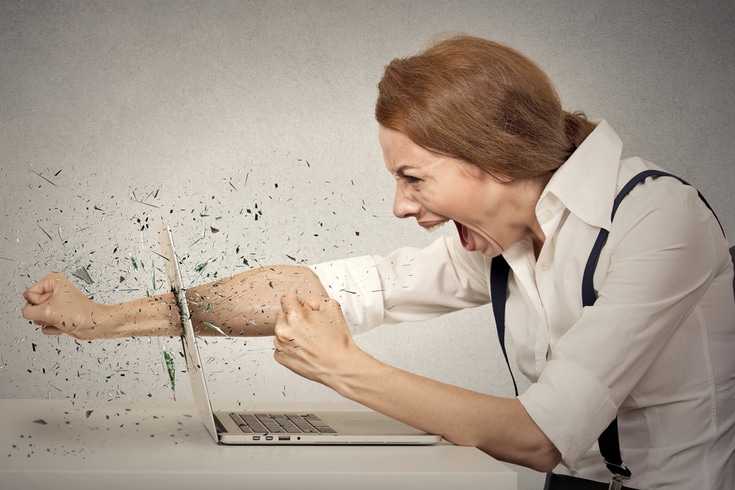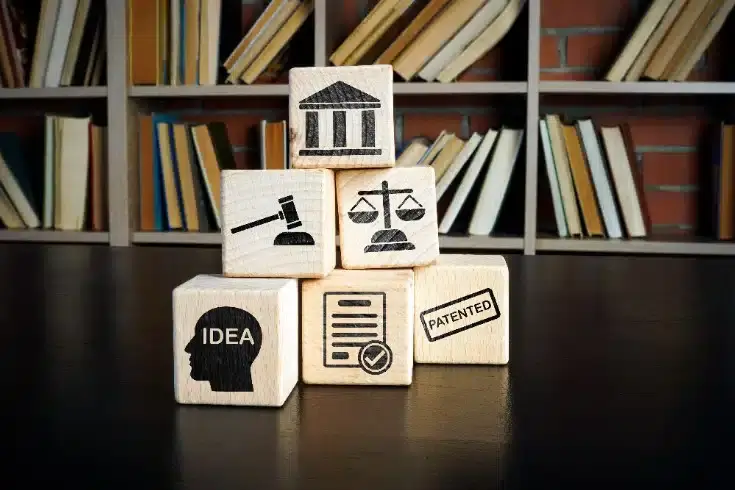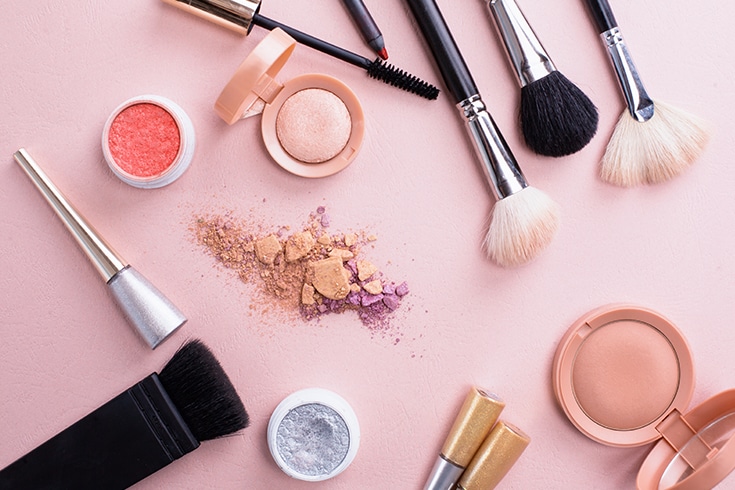Is Using Game Mods Illegal? Explaining the Legal Issues

The popularity of video games is on the rise, in part due to the reduced opportunities to go out caused by the coronavirus.
While many people play games in the state they were purchased or downloaded, some enjoy using so-called MODs to modify the game data. However, are there any legal issues with using these MODs?
In this article, we will explain the legal issues related to the use of game MODs for those considering using them.
What is a Game MOD?
A MOD is a general term for a program that is created by users, not by the developer or operator, and can be applied to mainly PC games. It is said to be derived from the abbreviation of ‘modification’, which means improvement or change.
There is a word similar to MOD, which is MAD. MAD refers to “MAD movies”, which are secondary creations where individuals edit and synthesize existing audio, images, and videos (animations). It is completely different from MOD.
There are various types of MODs, including those that add functions not found in the original game, those that change the appearance of the game or personalitys, and those that correct bugs.
MODs are major in the culture of overseas PC games, and can be said to play a role in revitalizing the gaming community.
Legal Issues with Game MODs
When considering the legal issues of game MODs, the following two perspectives are crucial:
- The relationship with the game company
- The relationship with the rights holder of the personality introduced into the game by the MOD
Related article: Copyright Law YouTubers Should Know: When ‘Game Commentary’ Becomes Illegal
Relationship with Game Companies
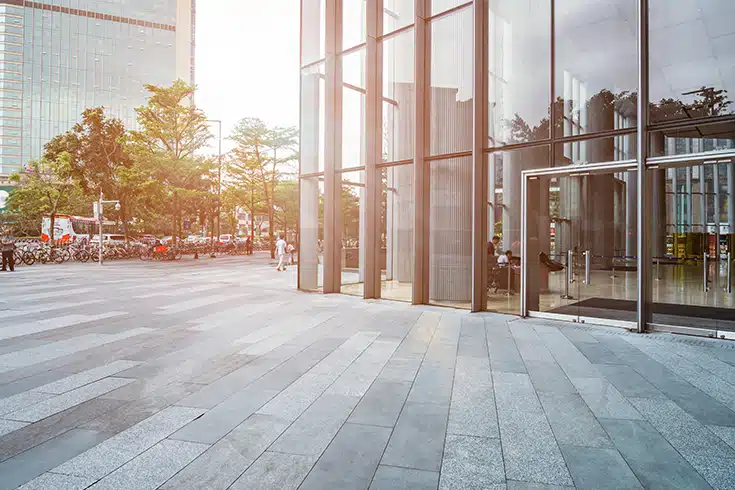
In relationships with game companies, the right known as “Right of Identity Preservation” becomes an issue.
What is the Right of Integrity?
The Right of Integrity is a type of moral right of an author, which protects the author’s work from being altered against their will (Article 20, Paragraph 1 of the Japanese Copyright Law).
Whether an act infringes upon the Right of Integrity is often determined by the subjective intent of the author, and is therefore generally widely recognized. Furthermore, there are no limitations on the Right of Integrity (Article 50 of the Japanese Copyright Law), so even alterations made in a private setting could potentially infringe upon this right, and caution is necessary.
However, not all alterations against the author’s will constitute an infringement of the Right of Integrity. Given the lack of clear criteria for infringement, it is advisable to obtain the author’s permission in advance.
The Relationship between Game Mods and the Right of Integrity
To use a mod, it must be added to the game software.
Although there are no specific cases regarding the addition of mods, a similar case that became a well-known precedent is the Supreme Court decision on February 13, 2001 (Heisei 13) (Minshu Vol. 2086, p. 114), also known as the “Tokimeki Memorial Case”.
In this case, the plaintiff, who held the moral rights to the game software “Tokimeki Memorial”, sued the defendant, who imported and sold memory cards that could alter the game’s main personality’s parameters to extremely high values that would not normally be possible, claiming that this infringed upon their Right of Integrity.
The Supreme Court ruled that the use of the memory card infringed upon the Right of Integrity, stating:
“The use of the memory card in question can be reasonably interpreted as modifying the game software and infringing upon the Right of Integrity held by the defendant. This is because the parameters in the game software express the personality of the protagonist, and the story develops according to these changes. The use of the memory card in question alters the personality of the protagonist expressed by the parameters set in the game software, and as a result, the story of the game software develops beyond the originally intended range, leading to a change in the story.”
Supreme Court decision on February 13, 2001 (Heisei 13) (Minshu Vol. 2086, p. 114) – “Tokimeki Memorial Case”
Based on this ruling, it can be considered that adding mods to game software, which could result in changes to the story, could be an infringement of the Right of Integrity and therefore illegal.
While the above ruling recognized the liability for damages of the appellant who imported and sold the memory card, it did not explicitly state whether the infringer of the Right of Integrity was the seller or the user. If the user of the memory card is considered the infringer, then even alterations made by the user in a private setting could constitute an infringement of the Right of Integrity.
However, since the use of the mod is explicitly stated as an infringing act, it is advisable to obtain permission from the game company, even if you intend to play the game with the mod added solely in a private setting.
Exceptions where the game rights holder allows the use of mods
As mentioned earlier, using mods without the permission of the rights holder can infringe upon the Right of Integrity and be illegal. However, there are cases where the rights holder of a game allows the use of mods due to their benefits. For example, the game “Minecraft” is a well-known game where the rights holder allows the use of mods.
In the “MINECRAFT Terms of Use and End User License Agreement”, it is stated as follows:
“If you’ve purchased Minecraft: Java Edition, you can modify the game by adding modifications, tools, and plugins (collectively referred to as ‘mods’).”
MINECRAFT Terms of Use and End User License Agreement
In cases where the rights holder of the game allows the use of mods, using mods does not infringe upon the Right of Integrity and is legal. However, even in this case, any use beyond the permitted range is illegal.
For example, in order to publish a video of a game mod, in addition to the permission to use the mod, you also need permission to publish the game video.
In Minecraft, the “MINECRAFT Terms of Use and End User License Agreement” also includes the following provision:
“You can use screenshots and videos of the game for any purpose within reason. ‘Use within reason’ means that you must not use screenshots and videos for commercial purposes, do anything unfair, or do anything that adversely affects our rights. However, this does not apply if we explicitly permit such actions in this agreement, if they are permitted in the Brand/Asset Usage Guidelines, or if they are stipulated in a specific agreement with you. On the other hand, if you upload videos of the game to video sharing/streaming sites, you are allowed to place advertisements in the videos. Please be careful not to illegally copy and share art resources.”
MINECRAFT Terms of Use and End User License Agreement
In Minecraft, not only is the use of mods permitted, but the publication of game videos is also permitted, so publishing videos of mods is not illegal.
The range of permissions varies from game company to game company, so it is important to thoroughly check in advance.
Relationship with the Unfair Competition Prevention Act
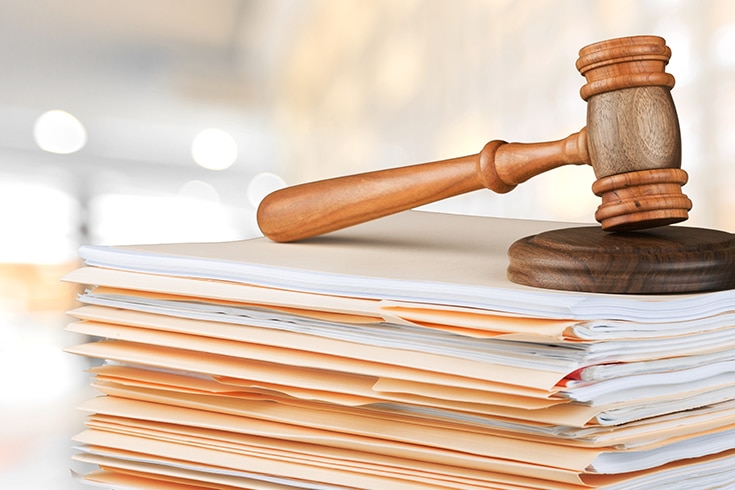
In relation to game companies, the “Japanese Unfair Competition Prevention Act” can also become an issue.
The Japanese Unfair Competition Prevention Act is a law enacted with the aim of contributing to the sound development of the national economy by regulating “unfair competition” such as infringement of trade secrets, unauthorized use of well-known marks, false indication of origin, and sale of form-copy products, and by stipulating prohibited acts based on international agreements.
What are Technological Restriction Measures?
Under the Japanese Unfair Competition Prevention Act, acts that hinder technological restriction measures are subject to regulation.
Technological restriction measures refer to technologies used to prevent unauthorized copying or unauthorized viewing of content such as music, movies, photos, and games.
The Japanese Unfair Competition Prevention Act was revised in 2018 (Heisei 30), and data (information recorded in electromagnetic records) was added to the objects protected as technological restriction measures. In addition, the transfer and provision of command codes that hinder the effect of technological restriction measures, and the provision of services that hinder the effect, have been added.
As a result, for example, the transfer of tools or programs that can modify game save data has been prohibited.
With the above revision, the scope of protection for game content under the Japanese Unfair Competition Prevention Act has been expanded, and the act of arbitrarily transferring or selling game mods may also be a violation of the Japanese Unfair Competition Prevention Act.
About Cheating
The use of MODs can become illegal when they are used in a way that constitutes a crime under the Penal Code, including the so-called “cheating” behavior.
Cheating, in general, refers to the act of tampering with game data or programs to enable actions that would not be possible under normal use.
Difference between Cheating and MODs
The distinction between cheating and MODs is not clear. However, cheating is generally used to emphasize fraudulent or deceptive behavior. Typical examples of cheating include increasing in-game currency or items by illegal means, or rapidly increasing a personality’s level or status by illegal means.
On the other hand, MODs, as mentioned earlier, refer to a general term for programs that make changes to the game, such as enhancing the original game’s graphics or changing the appearance of personalitys. Therefore, MODs include both those that can be considered cheating and those that cannot.
Legal Responsibility for Cheating
Firstly, cheating is considered to infringe on the right to maintain identity, as it involves modifying the game against the intentions of the game company.
Furthermore, the appearance of users who cheat can lead to a decrease in users, and other damages such as the loss of profits that should have been earned from in-game purchases due to the easy acquisition of high-value items through cheating. Therefore, those who cheat may be pursued for civil liability for damages by the game company.
In addition to civil liability, those who cheat may also be held criminally liable.
Article 234-2 (Obstruction of Business by Damaging Computers, etc.)
Any person who damages a computer or electromagnetic record used for another person’s business, or gives false information or improper instructions to a computer used for another person’s business, or otherwise causes the computer to operate in a manner contrary to its intended use, thereby obstructing another person’s business, shall be punished by imprisonment for not more than five years or a fine of not more than one million yen.
2 An attempt of the crime prescribed in the preceding paragraph shall be punished.
Penal Code Article 234-2
In the case of online games, there is usually a server computer that processes each player’s actions, which is a “computer used for another person’s business”. Cheating gives false information or improper instructions to the server, preventing it from operating as intended. Also, as a game provider, providing a game environment free of cheating is part of the business, so if the peaceful game environment is disrupted by cheating, the business is obstructed.
As such, cheating may constitute the crime of obstruction of business by damaging computers, etc., as stipulated in Article 234-2 of the Penal Code.
Relationship with the Rights Holder of a Character Introduced into a Game by MOD
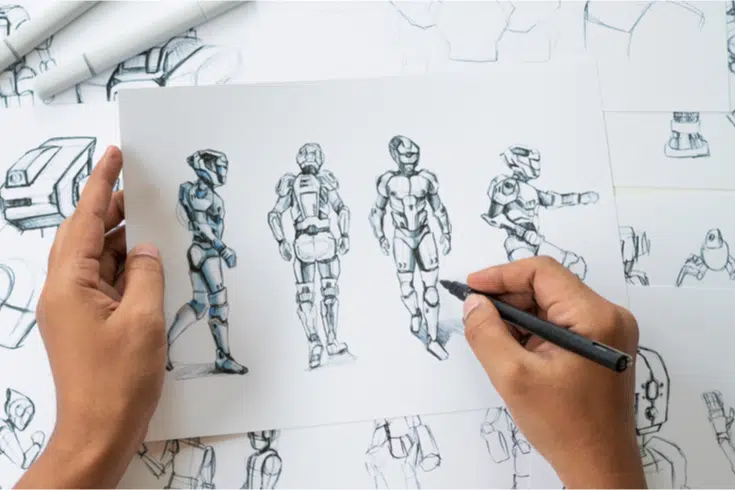
Copyright is a right to protect the interests of copyright holders in their works. Under the Japanese Copyright Law, works are defined as follows:
“Those that creatively express thoughts or feelings and belong to the fields of literature, academia, art, or music.”
Article 2, Paragraph 1, Item 1 of the Japanese Copyright Law
Whether something qualifies as a work is distinguished by whether it is merely an ‘idea’ in one’s mind, such as thoughts or concepts, or whether it is a concrete ‘expression’ of these.
There is a precedent that clarified the copyright of personalitys as follows:
“What is called a personality is an abstract concept that can be said to be the personality of a personality sublimated from the concrete expression of a manga, and it is not the concrete expression itself, and it cannot be said that it is something that creatively expresses thoughts or feelings.”
Supreme Court decision on July 17, 1997 (Heisei 9) (Popeye Necktie Case)
In other words, while a personality itself is nothing more than an idea, the personality’s design that appears concretely in a single frame of a manga, etc., qualifies as an ‘expression’, and therefore, copyright (hereinafter referred to for convenience as ‘personality copyright’) can be recognized for the said design.
Related article: Is there no copyright for personalitys? Basic knowledge for IP business
Therefore, in the following, we will explain the legal issues when personalitys from other games or anime are introduced into a game by MOD, assuming the case where personality copyright is recognized.
Introducing Other Characters into a Game Constitutes Copyright Infringement
Firstly, if you use MOD to introduce personalitys from other anime or games using their original designs, you are using someone else’s work without permission, which in principle constitutes an infringement of the reproduction right, one of the copyrights.
Next, if you use MOD to introduce original graphics or deformed graphics into a game, it is not a direct use of the personality’s design, so it does not constitute an infringement of the reproduction right, but there is a high possibility that it could constitute an infringement of the adaptation right.
Points to Note When Using MODs
MODs can be distributed by individuals, making them easily accessible for use.
However, if problems arise from the installation of MODs distributed by users without permission, you cannot expect support from the game company. Therefore, it’s important to understand that the installation of MODs is done at your own risk.
Furthermore, there are many types of MODs. Among them, there are malicious MODs that can destroy data. Recognizing that the installation of unofficial MODs carries such risks is essential. For instance, adding MODs to online games like Super Smash Bros. could potentially lead to account bans (suspensions) or even legal issues.
Summary: Using Officially Approved MODs is Safe
We have explained the legal issues related to game MODs above.
While game MODs can enhance the enjoyment of a game, they also come with potential problems. Moreover, it is often difficult to determine whether a MOD is illegal or not. If it turns out to be illegal, there is a risk of being sued for a large amount of damages. Therefore, if you want to use MODs, it is safest to use those that are officially approved.
Legal issues related to game MODs require specialized knowledge, so we recommend consulting with a highly specialized lawyer.
Introduction to Our Firm’s Measures
Monolith Law Office is a legal office with high expertise in both IT, particularly the Internet, and law. Recently, among YouTubers and VTubers, the need for legal checks such as portrait rights, copyright, and advertising regulations has been rapidly increasing in channel operations. Also, it is essential to prepare thoroughly in advance for issues related to contracts. Please refer to the following article for details.
Category: Internet




